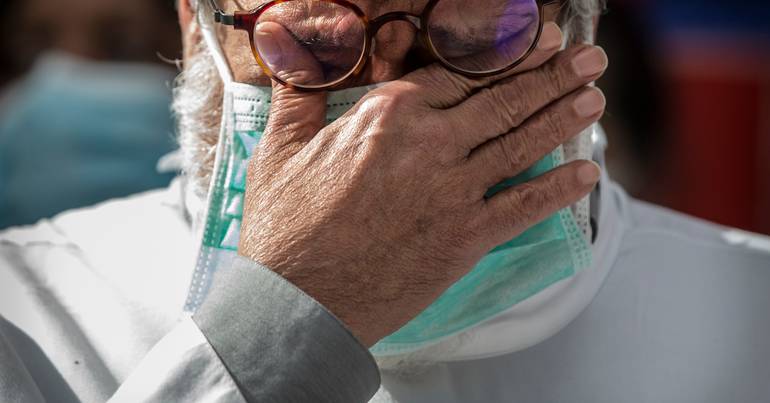

In recent times, the global health landscape has been shaped by numerous challenges, each demanding a thoughtful and coordinated response. As we navigate these complexities, two prominent issues stand out: the impact of the COVID-19 pandemic on healthcare professionals and the ongoing efforts to control the spread of diseases such as Mpox in various regions. These issues not only highlight the vulnerabilities within our health systems but also underscore the resilience and dedication of those on the frontlines.
Throughout the COVID-19 pandemic, healthcare professionals have faced immense pressures, with their mental health bearing the brunt of such demanding conditions. A recent study has drawn attention to the severe and prolonged effects of the pandemic on the mental well-being of these essential workers. It reveals that professionals, who were often the first line of defense in managing the crisis, experienced extreme levels of fatigue and stress. The continuous exposure to high-stakes situations and the emotional toll of patient care under these unprecedented circumstances have left lasting marks on their psychological health.
This insight into the mental health implications within the healthcare sector emphasizes the need for robust support systems. Providing psychological support and ensuring safe working environments are crucial steps towards fostering the well-being of medical staff. It is essential that we recognize their sacrifices and invest in initiatives that promote recovery and resilience, ensuring that they are not left alone to cope with these challenges.
While the shadow of the pandemic lingers, another public health concern commands attention: the rise of Mpox cases in Mozambique. Health authorities are strategizing to control this outbreak as the country prepares to receive vaccines aimed at curbing the spread of the virus. The Niassa province in the north is identified as the epicenter, reporting 28 confirmed cases, with an additional case recorded in the southern province of Maputo. In total, there are 170 potential cases under investigation, signifying the urgency of intervention measures.
The delivery of vaccines in September is an encouraging development for Mozambique’s public health strategy. This proactive step will likely contribute significantly to the containment efforts, potentially preventing a further escalation of cases. Coordinated efforts at international and local levels illustrate a shared commitment to addressing such health crises, underscoring the importance of preparedness and quick response in safeguarding communities.
These interconnected narratives of battling mental health challenges among healthcare workers and controlling disease outbreaks highlight the multi-faceted nature of public health. As we reflect on the progress and ongoing efforts, it becomes evident that resilience and cooperation are key to overcoming hurdles. Ensuring health workers are supported while simultaneously preparing and responding to emerging health threats will remain at the forefront of global health priorities.
In embracing a holistic and mindful approach to these pressing issues, there lies a path forward where health systems can become more resilient, inclusive, and prepared for the future. Encouraging dialogue, sharing knowledge, and continuing collaborative efforts will ensure we navigate these challenges with empathy and resolve, ultimately fostering a world where public health flourishes.
Source: {link}
